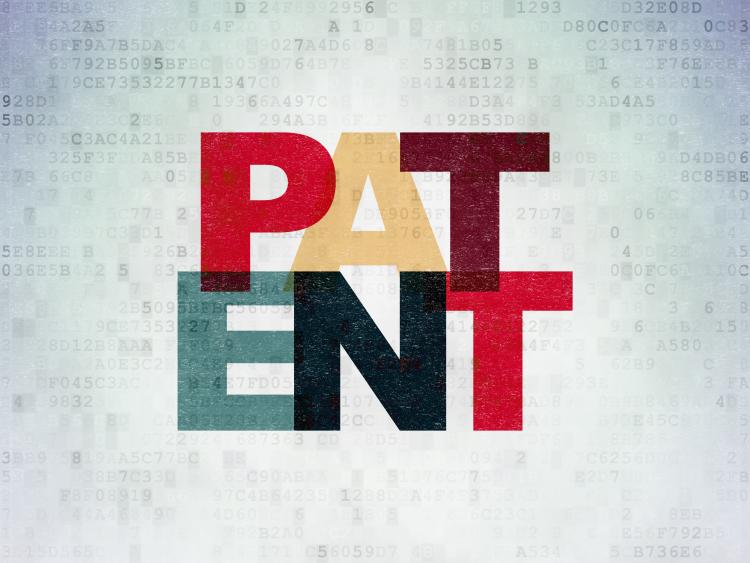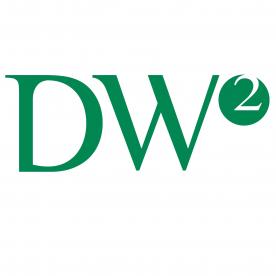
On September 21, 2021, the England and Wales Court of Appeal (the Court) released its decision in Thaler v Comptroller General of Patents Trade Marks And Designs, [2021] EWCA Civ 1374, with a 2-1 majority holding that an artificial intelligence (AI) machine cannot qualify as an inventor under UK patent law.
In 2019, the UK Intellectual Property Office (UKIPO) deemed two patent applications designating AI machine “DABUS” as the inventor to be withdrawn. The UKIPO maintained that the statement of inventorship form did not satisfy section 13(2) of the Patents Act 1977 (the Act).
In 2020, the England and Wales High Court in Thaler v The Comptroller-General of Patents, Designs And Trade Marks, [2020] EWHC 2412 (Pat) upheld the UKIPO’s decision.
The Court in this case considered Section 7 of the Act and found that UK patent law requires that an inventor be a person. The Court noted that under Section 7(3), an inventor is defined as the “actual deviser” of an invention, and after further analysis, concluded that only a person could be considered an inventor. Thus, the Court held that absent a statutory deeming provision, DABUS cannot be an inventor for the purposes of Section 7.
Furthermore, the majority of the Court held that there “is no rule of law that a new intangible produced by existing tangible property is the property of the owner of the tangible property”. Accordingly, the Court found that Dr. Stephen Thaler, the owner of DABUS, was not entitled to apply for the patents given the premise that DABUS made the inventions.
Additionally, the Court held that the UKIPO was correct to withdraw the patent applications under Section 13(2) of the Act. The entire Court agreed that Section 13(2) “is intended to ensure that bona fide errors in identifying the inventor(s) or the derivation of the applicant's title should not prevent the applicant from obtaining a patent or render the patent liable to revocation” and that it is not the Comptroller's function to examine statements of inventorship and entitlement. However, the majority of the Court noted that if the requirements imposed by Section 13(2) are not complied with, the application must be deemed withdrawn. Specifically, as Thaler did not identify the person(s) “whom he believe[d] to be the inventor or inventors" nor "the derivation of his right…to be granted the patent", the Court stated that “the inevitable consequence is that the applications are deemed to be withdrawn”.
In a dissenting judgement, Birss LJ concluded that Thaler complied with Section 13(2) by identifying the person(s) he believed to be the inventor and indicating the derivation of his right to be granted the patent. Birss LJ also found that although a machine was the creator of the inventions, this was not an impediment to the patents being granted to him.
Ultimately, the Court rejected Thaler’s appeal and held that a UK patent cannot be granted where an AI system is named as the inventor.
Summary By: Jennifer R. Davidson and Steffi Tran
E-TIPS® ISSUE
Disclaimer: This Newsletter is intended to provide readers with general information on legal developments in the areas of e-commerce, information technology and intellectual property. It is not intended to be a complete statement of the law, nor is it intended to provide legal advice. No person should act or rely upon the information contained in this newsletter without seeking legal advice.
E-TIPS is a registered trade-mark of Deeth Williams Wall LLP.

